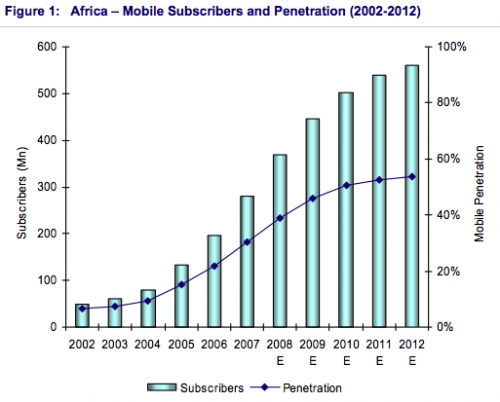Hello (!), and thanks very much for being so patient while I transitioned back to an Oxonian existence. I'm nearly all settled and on something resembling a routine, which is quite exciting. Research productivity is still a matter to be tackled, but I'm getting there... slowly, slowly.
News while I was away? - Lots, really! Below is a little collection of stories which caught my attention when I finally sat down to catch-up on the world's goings-on. These are but several among many, to be sure:
- Owen Barder on when innovative finance is good for development - and when it isn't
- Despite China's rapid economic rebound in recent months, many Chinese companies are still operating at a lower level of activity than they had achieved in the boom years
- American chicken feet may be the US's saving grace in its recent (and ongoing) trade war with China
- Nestle is in a bit of a bind as it has been discovered that the company purchases milk from a Zimbabwean farm seized from its white owners and now owned by Mugabe's wife. Now that's a "whoops" moment if I ever saw one...
- The 24 September edition of the Economist had a wonderful special report on the positive potential of mobile money in Africa
- Writing in the European Voice, Jonathan Holslag and Gustaaf Geeraerts argue that Europe should expect to see a more assertive China in the coming years
- A rather biting review of Paul Collier's book, Wars, Guns & Votes written by Dr. Mutuma Ruteere, Research Fellow at the University of Cape Town. The review is written from an anti-imperialist, anti-interventionist tone; certainly worth your time

